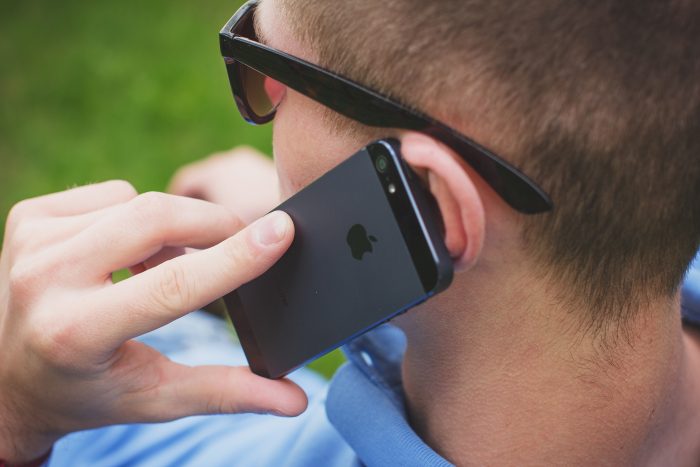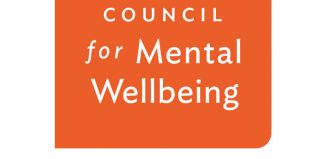Wireless Calls to 988 Get a More Localized Response With Geo-routing
The process to route cell phone calls to the 988 Suicide & Crisis Lifeline based on the caller’s approximate location, versus by area code, has started; FCC to vote next month on a final rule that would require all U.S. wireless carriers to implement geo-routing with specific timelines
The 988 Suicide & Crisis Lifeline announced that the process to start routing cellular phone calls to 988 contact centers based on the caller’s approximate location, versus by area code — known as “geo-routing” — began last week with two major U.S. wireless carriers that combined make up about half of all wireless calls to 988. The U.S. Department of Health and Human Services’ (HHS) Substance Abuse and Mental Health Services Administration (SAMHSA) and the 988 Network Administrator, Vibrant Emotional Health, have been working with all of the major U.S. cell phone carriers for more than a year to improve call routing to 988 so that callers on a cell phone can be connected more locally to centers that are better equipped to provide nearby resources and services.
These new rules, if adopted by a vote from the full commission next month, would require all U.S. wireless carriers to implement geo-routing. In addition, the rules will also establish an implementation timeline for geo-routing calls to the 988 Lifeline of 30 days following the effective date of the rule for nationwide wireless providers and 24 months after the effective date of the rule for smaller, non-nationwide providers.
More than 200 contact centers across the country provide support through the 988 Lifeline network. Geo-routing connects cell phone callers to the closest 988 contact center to the caller’s physical location. Geo-routing differs from geolocation in that it does not provide a precise location of the caller, allowing callers to maintain their location privacy. Studies have shown that after speaking with a trained crisis counselor, most callers feel more hopeful and less depressed, suicidal, and overwhelmed.
If you have additional questions, please contact RCPA COO and Mental Health Director Jim Sharp.










